Working for a year near the Ukrainian frontlines
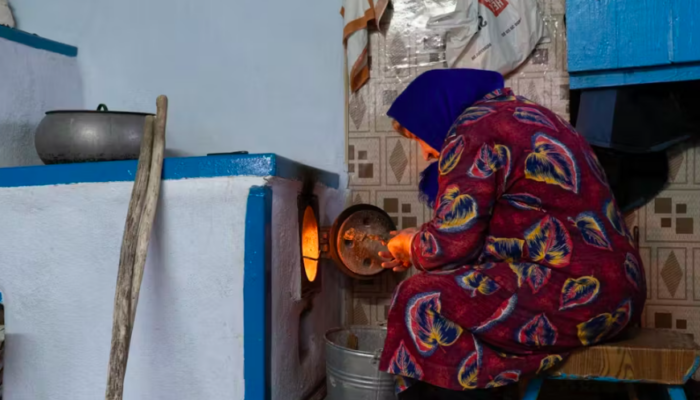
How do you look back on the past months, working in Ukraine?
I expected this question, but I find it difficult to answer. Overall, I feel satisfied. It is very nice working with the small team in Odesa because of the strong cooperation we had. It felt good to contribute to assistance for people in need.
I often realised that I will not make a huge difference with what I am doing because the crisis is so big.
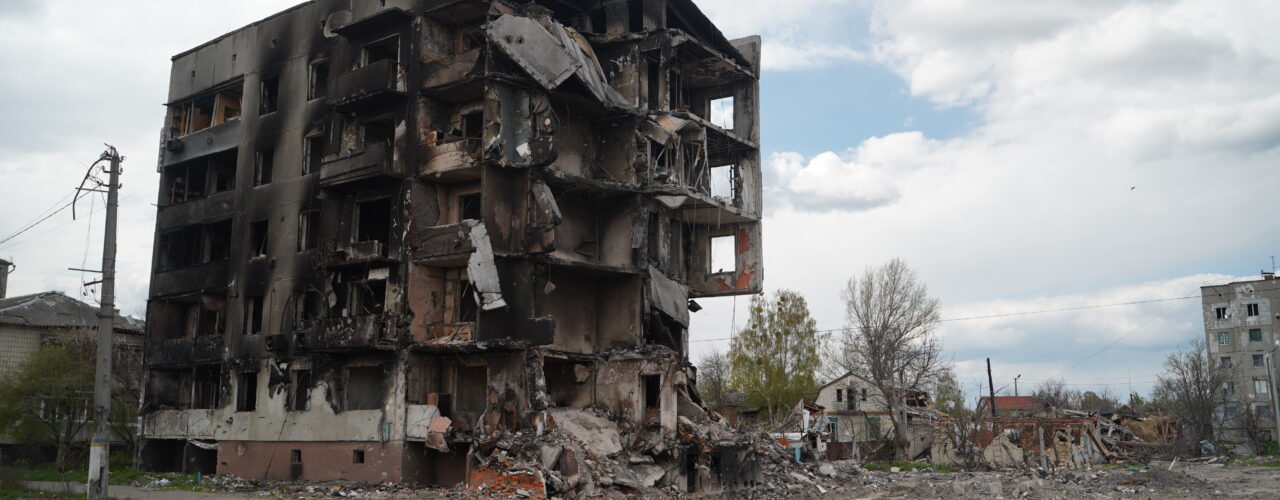
Can you tell something about the projects you were involved in?
Our biggest project is the delivery of medical supplies to 100 different hospitals along the frontline. Especially essential equipment and surgical kits are always in high demand. Over the winter, we supported four Ukrainian partner organizations (Ia Kherson, Save UA, Myrne Nebo and Save the World) on delivery of winterization items (mainly firewood/briquettes) to households in the Kherson oblast. This is highly necessary as Russian drone and missile attacks have damaged much of the Ukrainian energy infrastructure. In cooperation with our partner Zdorovi we sent burn wood kits to hospitals immediately after a missile or drone attack has taken place. A more long-term project is the mental health centre Equilibrium with which we work closely together, and which plays an important role in providing psychological care in Odesa. We are very proud of all these projects.
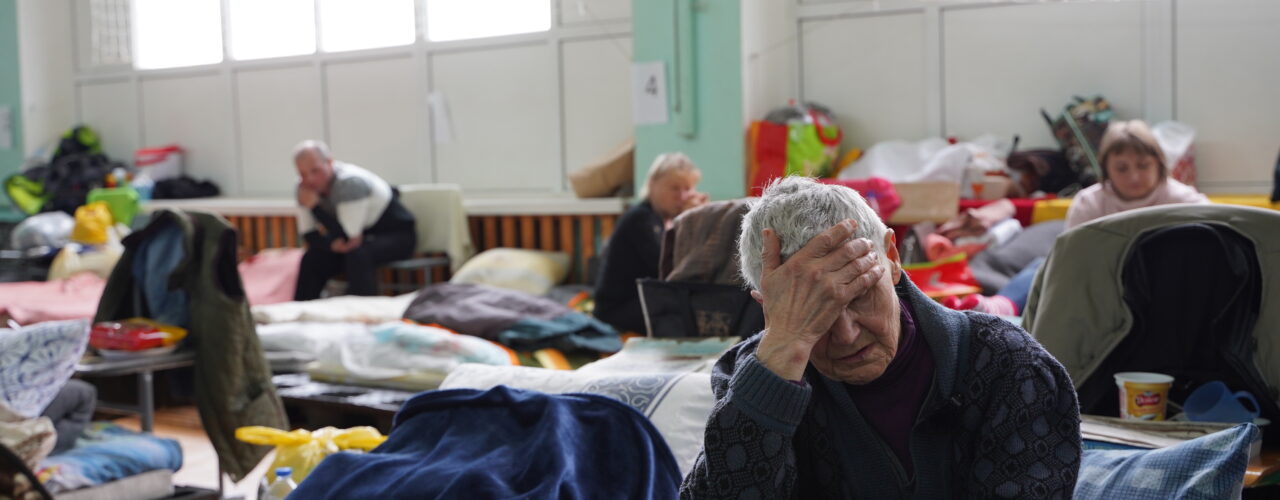
Were there obstacles that you were confronted with during your time in Odesa or things that did not go as smoothly as hoped?
Working with local partners is a pleasure but is not always easy to do it the right way. I do believe that working with local partners is extremely important, but I have doubts on the general approach in the humanitarian sector in which localisation policies are often very abstract and idealistic. Many people in our sector forget that partner organisations consist of real people that you can talk with, not only talk about. We met people with great ideas, a lot of energy and courage, but we also met partners with insufficient transparency or accountability. Our Ukrainian staff here in Odesa was actually much more strict and realistic on cooperation issues than us, expat staff. My Ukrainian colleagues used to call us ‘the people with the pink glasses’.
I do believe that working with local partners is extremely important, but I have doubts on the general approach in the humanitarian sector in which localisation policies are often very abstract and idealistic.
How did you experience living in a region with relatively high threat of danger?
That is of course not pleasant, for no one. Sometimes you do forget and seem to live a pretty normal live, nevertheless, every time you hear the air alarm going off, you are reminded of the situation that the country is in.
If you look back on the last 12 months, what is an event that you will not quickly forget?
There were many but most striking was probably the Kakhovka dam break in the summer of 2023. Nobody thought the dam would really be blown up. It was shocking to see the deadly consequences and to realize the lasting effects that blowing up the dam will have on agriculture and the environment.
How do you see the aid in Ukraine developing?
The delivery of aid is changing, the needs are different now from just after the large-scale invasion. Many organizations stopped their food programs and are slowly changing into rehabilitation and reconstruction activities.
There is still a big need for emergency assistance and as Stichting Vluchteling has an emergency profile, we are still largely focusing on the direct needs of people.
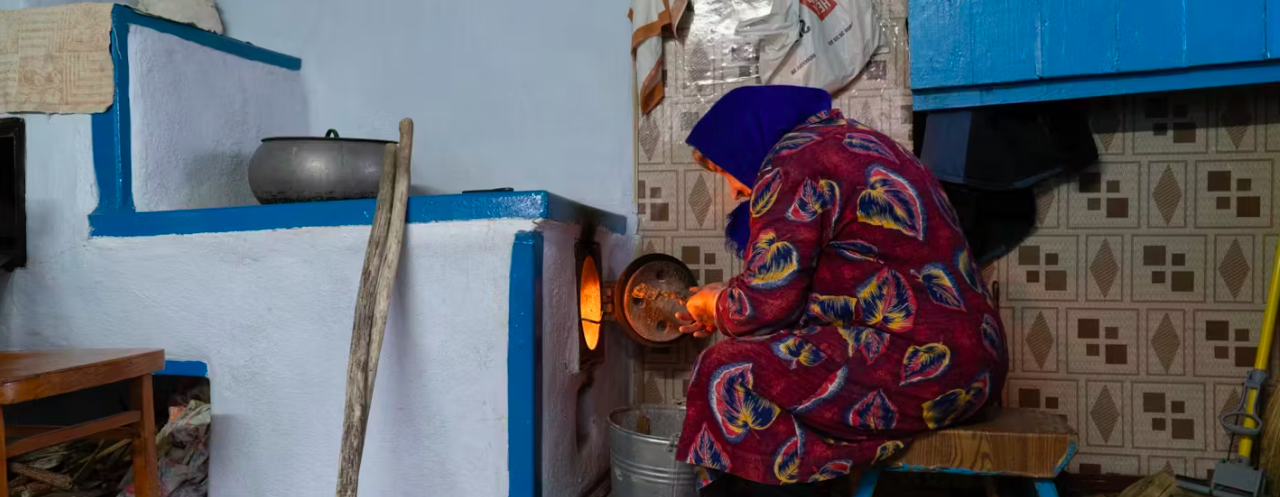
How do people in war-affected areas for example get food now?
For many people this is still a huge problem as communities close to the frontline are very isolated. Often it is the old or disabled people that stay behind; for food, heating and hygiene items they remain dependant on the efforts of the Ukrainian and international aid organisations.
You will leave soon, what about the projects that you were involved in?
The fact that I left the project, does not mean that Stichting Vluchteling stops its activities. The projects mentioned above are on-going and new ones are in preparation. You can read more about the projects here.
How is it to leave the team and Ukraine?
It was a bit painful to let go after intensely working with the Odesa team. We worked hard together, shared a lot over the last year and we often had good laughs too.
What is your expectation and your hope for the country?
Of course I hope that the war will come to an end as soon as possible, there are so many people dying. The country is broken; thousands of people have fled, families are separated, many are wounded and so many men, women and children suffer from mental health problems.
Still, I am a bit optimistic too as I have seen that many Ukrainians have a strong spirit, they are energetic and hard working. With the support from Europe and others, Ukraine will be able to rebuild.
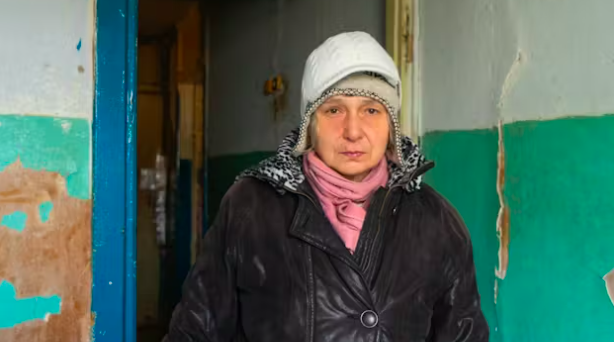
Read Ton’s diary, that he wrote during a few months of his work in Ukraine here.
Date: 18th of March 2024
Author: Marianne Sijtsma
